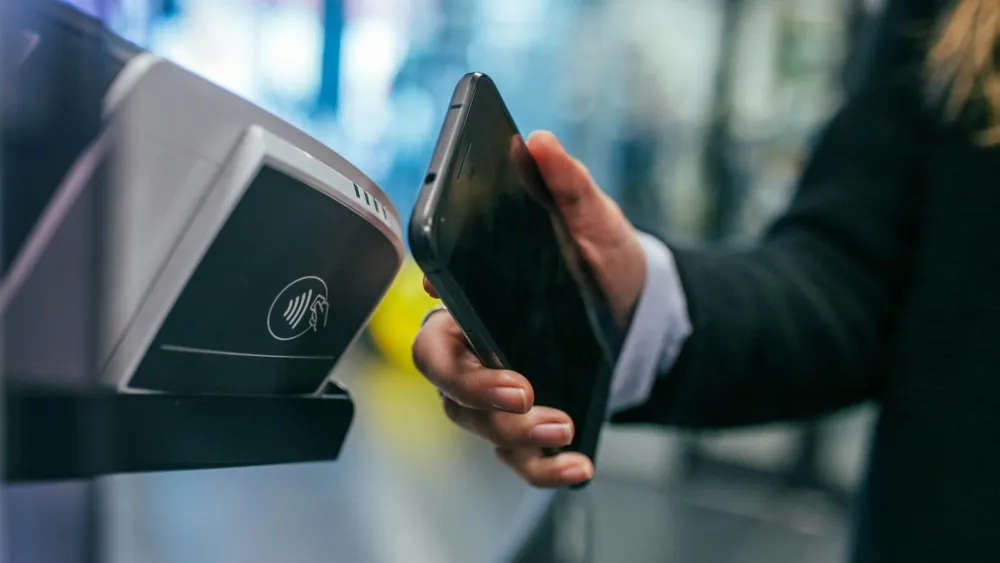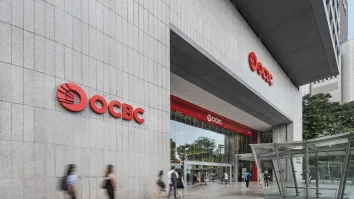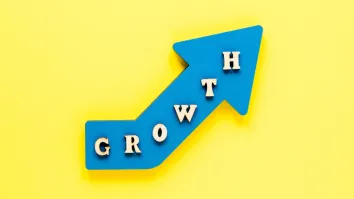
How Mocasa is supercharging the Philippines' credit payments market
The credit payment service company is also developing a data-driven central credit bureau.
Only 8.1% of the Philippines’ working population hold credit cards, according to 2021 data from the World Bank. Majority, or 80% of retail transactions done by the country’s 113 million-strong population still make use of cash notes.
The low credit card penetration was not out of reluctance, however.
“Based on our users’ feedback, we have observed strong demand for credit payment tools from the majority of Filipinos,” Robin Wong, chief executive officer of Mocasa, told Asian Banking & Finance. “The challenge is with the product offerings, not with the demand.”
Wong noted two main obstacles to adoption in the market: the lack of cashless payment tools, and insufficient credit data.
Although there are a lot of credit and loan providers through online platforms and banks, most products which are accessible for the masses come attached with an annual percentage rate (APR) or interest of more than double at 120%. Furthermore, only 3% of Filipinos can clinch credit products with affordable interest rates, he said.
Targeting the underserved
Mocasa targets the remaining 97% likely underserved by traditional lenders, offering a zero-interest rate credit line for the underserved users. Clients can use a Mastercard-supported by Mocasa’s credit line for online transactions.
The credit payment service company, which first launched in 2021, also offers buy now pay later services and a QR code payment option for offline transactions.
Mocasa first came to light as part of another company based in China. Eventually, the people that started Mocasa decided to break away and become an independent startup in the Philippines, which they believe is ready for cashless payments solutions.
“Our target markets are not the mature markets like China and the US. We want to focus on emerging countries like Vietnam, Philippines, Cambodia, Nigeria, amongst others. But when we did our deep dive, some of our target markets may not be as ready as the Philippines in terms of infrastructures, policies and legislations,” Wong said, when asked why Mocasa chose to kickstart operations in the Philippines.
ALSO READ: SEA gains 8.1 million new fintech users in Q1: study
“This gives the Philippines the advantage because industries are adapting to technology and the government [and] regulators are supportive and encourage digitalization,” he added.
At present, Mocasa has more than 100,000 users with credit accounts, who can use credit payments at over 1 million merchant points through QRPH code scanning.
Wong said they are also seeking more partners to improve Mocasa’s credit payment experience ecosystem: banks, e-wallets, online platforms, and even consumer-oriented brands.
“We aim to acquire more than 3 million credit accounts by the end of 2024, and plan to onboard more than 10 million users in five years. But once we get more than 1 million active users we’ll be considering expanding in other markets in the region,” Wong told Asian Banking & Finance.
Credit data
Asked on why credit cards remain rather unpopular amongst Filipino consumers, Wong named insufficient credit data as one of the main obstacles in adoption. To address this, Mocasa is developing its central credit bureau.
“The lack of credit historical data of individuals also hinders the adoption of credit cards. Our central credit bureau, Credit Information Corporation (CIC), is still in the early stage of development especially for the under-served population,” Wong said.
He noted the importance of having a data-driven central credit bureau that can control the default rate at a very low level.
ALSO READ: Filipinos spent over 4 million hours using e-wallets in 2022: study
“BSP (Bangko Sentral ng Pilipinas or the central bank) is driving many initiatives to address this issue,” said Wong, noting the challenges faced by consumer financing companies. “Consumer financing companies have to charge high interest rates to make the business sustainable or give up the products for the underserved population,” he explained.
Wong said working with the CIC will enhance their database, specifically targeting consumers who have been overlooked by larger banks.
Digital bank ambitions
In the future, Wong floated plans to develop Mocasa into a “convenient” digital bank, expanding from credit payments services.
“Our focus is to invest heavily in further developing our unique app to address the cashless payment and credit data issues for Filipinos who are still not well-served by traditional banks,” he said.
Mocasa also hopes to expand to other Southeast Asian countries, such as Thailand and Vietnam.



















 Advertise
Advertise











